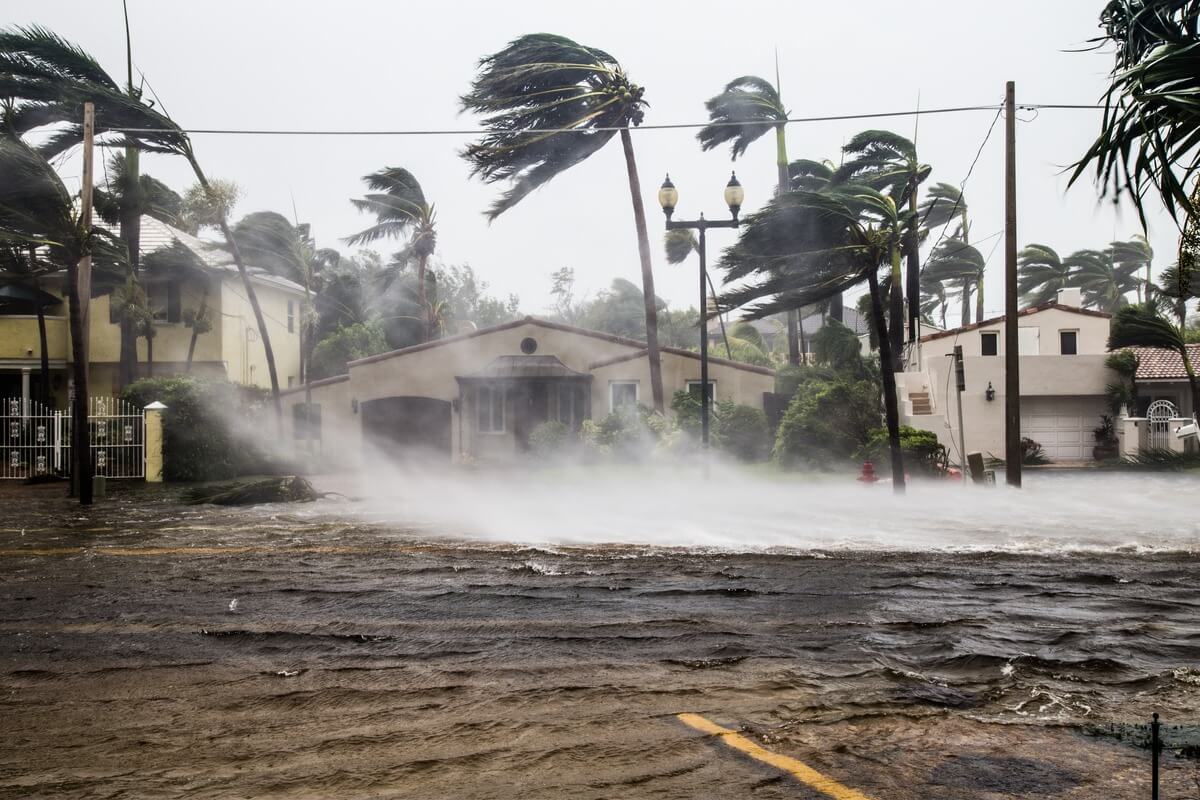
Associate at AKD Lawyers
Practice Areas: Personal Injury, Property Damage, Insurance Bad Faith Claims, Breaches of Contracts, Employer-Employee Disputes

Insurance companies do not like to pay out claims. Even when they know their policyholder is financially liable for injuries from an accident, they go out of their way to reduce the amount they must pay out in a settlement or court-awarded damages. Insurance companies especially push the moral and legal envelope of avoiding liability when claimants do not have representation.
If you’ve recently suffered injuries in a traffic accident as a result of another driver’s or party’s careless actions, you shouldn’t have to shoulder the economic burden that comes with severe accident injuries. An experienced personal injury attorney anticipates insurance company tactics and protects their clients from common pitfalls related to accident claims that can provide insurance carriers with needed ammunition to reduce the value of a claim.
Below we cover common insurance company tactics to reduce liability and the ways in which an attorney can help.
Insurance Company Tactics to Reduce Liability
From the moment you file a claim, the insurance adjuster assigned to your case begins evaluating reasons to deny or devalue your accident claim, even if you are the policyholder. The most common tactics include:
Outright Claim Denial
Insurance companies deny accident claims for a wide array of reasons, so they can protect their bottom line. The hopes are that if they deny your claim, you will give up and go away. Your attorney can discuss your options after you’ve been denied. Two reasons insurance companies commonly cite for claim denial include:
- The claimant didn’t fill out the proper forms. Insurance companies sometimes send the wrong forms to claimants, so they can deny a claim. When you contact them, they give you the runaround about filling out the right paperwork. It can be a frustrating cycle of excuses and phone calls that never gets resolved. If your insurance company or another party’s insurance company denies your claim over paperwork, you need to contact an attorney as soon as possible.
- The policy does not cover your injuries. Insurance companies sometimes deny accident claims on the basis that the coverage does not extend to a particular accident or event, or the claimant doesn’t meet liability requirements found in the policy. An experienced attorney can evaluate the insurance policy and ensure insurance companies meet their contractual obligations.
Delaying Insurance Claims
Another tactic some insurance companies use to reduce liability is to delay claims, effectively running down the time clock of any statute of limitations that applies to a particular situation. Some specific ways insurance carriers delay claims is by adding extra paperwork for you to complete and forcing you to resubmit your claim and failing to offer a timely response to emails or phone calls regarding a claim. Delaying a claim puts accident victims, who might be financially struggling as a result of medical bills and lost wages, in a desperate situation that might lead them to make quick decisions or mistakes that benefit the insurance company.
Early Settlement Offers
Insurance companies investigate liability before they make a decision on a claim. If the adjuster or representative assigned to the claim determines their policyholder is at fault, they often make an early settlement offer to mitigate the risk of paying out a large settlement or jury verdict later on. Insurance companies offer enough money to tempt accident victims to settle, but the amount is typically far less than the true value of the claim. These predatory offers occur before accident victims know their long-term prognosis, including whether they can work and the total amount of medical treatment costs. As soon as a claimant accepts a settlement offer, he or she has waived the right to seek any further compensation for injuries.
Shifting Blame to the Accident Victim
Louisiana has a pure comparative fault system which means the court assigns a portion of blame to each party in an accident. If you are partially responsible for the accident or event that led to your injuries, the court can reduce your award by that amount. This gives insurance companies the incentive to shift blame to the victim and reduce financial liability. An insurance company might use a variety of strategies to shift the blame including arguing you violated one or more traffic laws or other laws which contributed to the accident, arguing you were driving while distracted, or arguing you were under the influence of a controlled substance.
Downplaying Injuries
Insurance companies will do everything they can to fight against the injuries you claim. They might argue your injuries are not as severe as you made them out to be, your recovery will be shorter than you claim, or your injuries are preexisting from another event.
A Skilled Personal Injury Attorney Can Help
Insurance companies do not always make accident claims easy, and often don’t fully engage in the claims process until forced to do so. A skilled car accident attorney can engage the insurance company, so they take your claim seriously and can help you in other ways:
- Communicating with the insurance company to protect you from saying anything which an adjuster might use to devalue your claim
- Negotiating with the insurance company to give you the best chance of receiving fair compensation for losses incurred as a result of your injuries
- Gathering relevant documents and evidence to fight the insurance company and support your case
- Litigating your case in the courtroom in the event that settlement is not an option
Contact a New Orleans After Suffering Injuries
If you’ve suffered injuries in a traffic accident, you need legal representation from an experienced attorney who can communicate and negotiate with insurance companies, so you get the payout you deserve for losses related to your accident injuries. The skilled legal team at Alvendia, Kelly & Demarest Law Firm is here to help. Contact us today onlineor call 504-200-0000 to discuss the details of your accident injuries, how they have impacted your life, and the ways in which we can help you take the next steps with your claim.
Our firm has a proven track record in handling a diverse range of insurance claims. From securing a substantial settlement in the Metairie Towers case to guiding clients on preparing for winter and understanding hurricane insurance, we’ve been at the forefront of ensuring our clients’ rights are upheld. We also specialize in cases involving rideshare accident compensation and work-related accidents. As community advocates, we even offer insights like safety tips for Mardi Gras 2022 to ensure everyone can enjoy festivities safely.
Categories
- Bicycle Accidents
- Car Accident
- Case results
- Class Action
- Community Aid
- COVID-19
- Fun
- General
- Hard Rock Lawsuits
- Holiday
- Insurance Claims
- Legal Advice
- Mardi Gras Accident Attorney
- Mass Tort
- Medical
- Motorcycle Accident
- Personal Injury
- Practices
- Premise Liability
- Recent News
- Safety
- Truck Accidents
- Uncategorized
- Weather
- Work-Related Accident

In 2003, after being dissatisfied with the quality of legal care for victims of car accidents, Roderick ‘Rico’ Alvendia sought to establish a new firm focused on providing high-quality legal services to aid injured victims and their families. J. Bart Kelly, sharing Rico’s passion for upholding justice, joined the firm later that year, and established a partnership.






